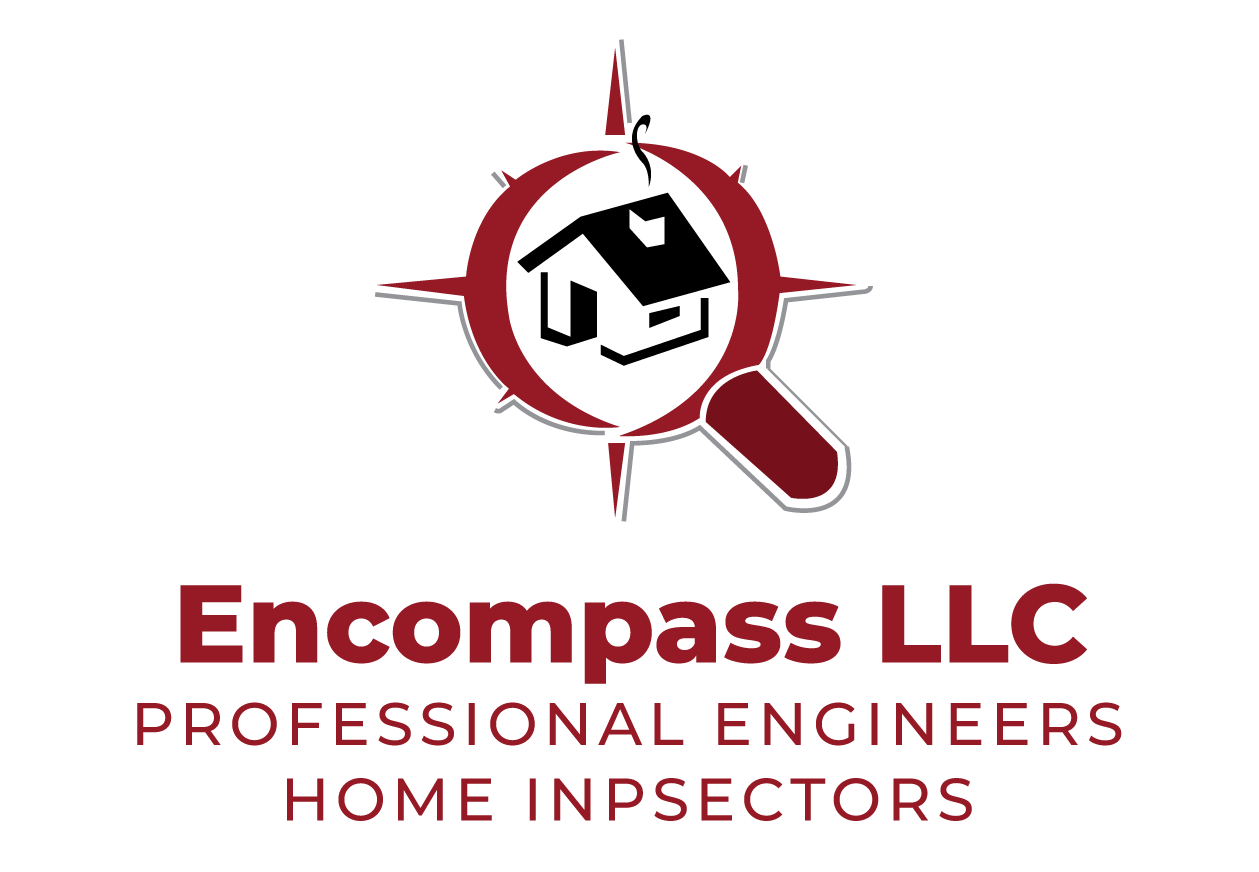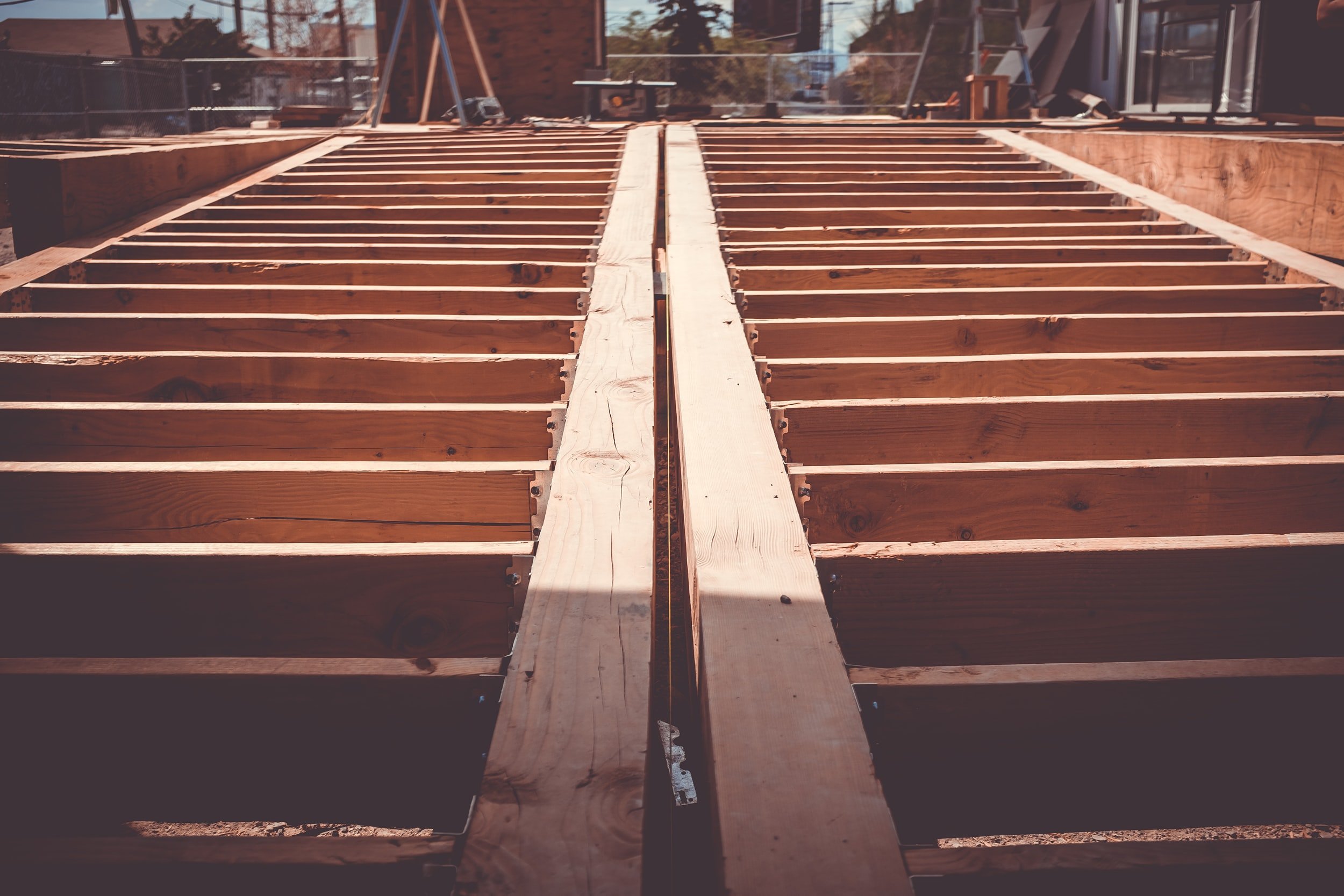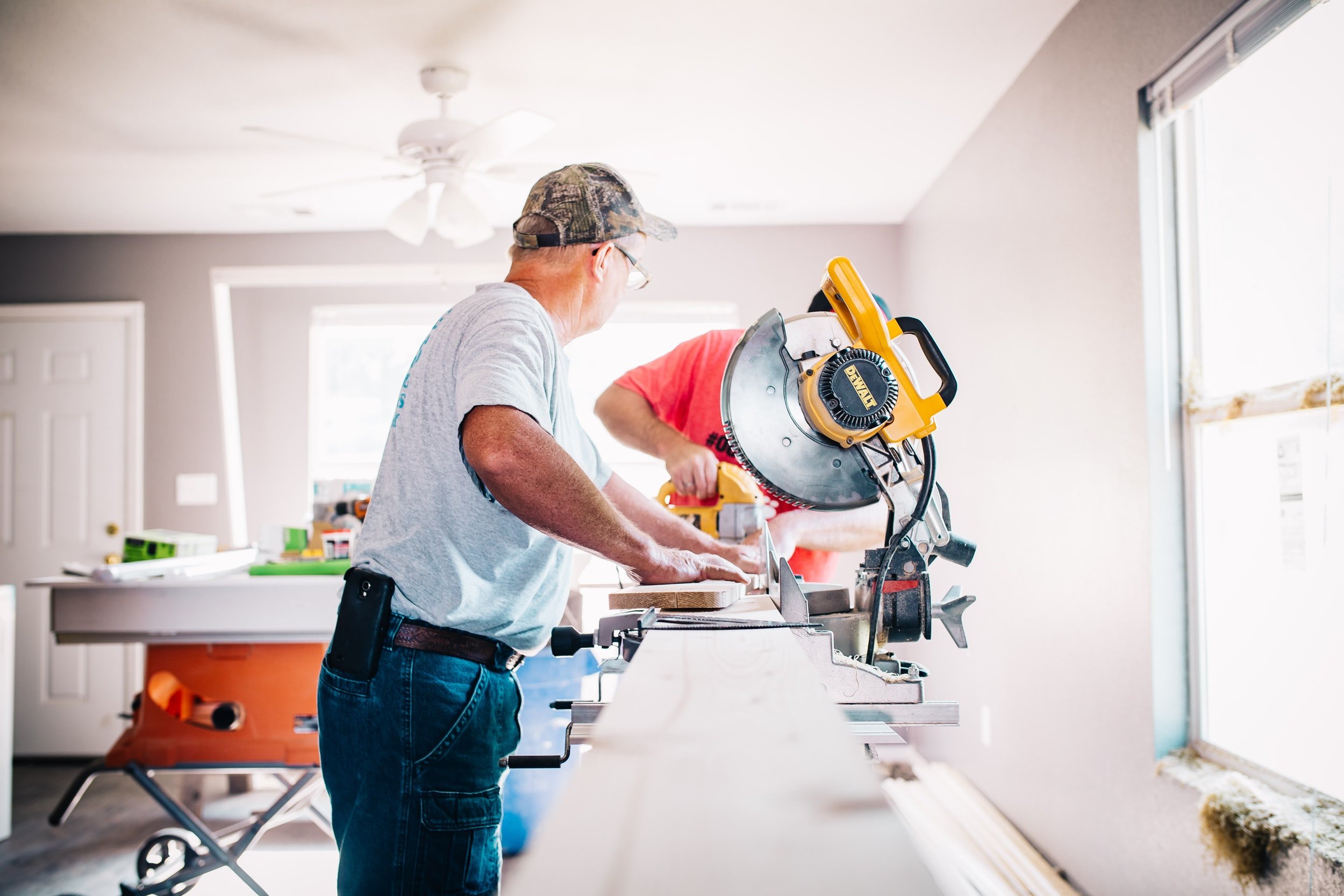
Services
A Professional inspector will prepare your Home Inspection Reports with easy-to-read details.
Typical home inspections include:
The condition of major components from the roof to the basement
Major and minor deficiencies
In addition to the typical home inspection, our Professional Inspectors will provide:
Professional Engineer stamped letters for Certification
FHA and HUD may require Engineer Certification of the home
Lenders may require a Professional Engineer letter for components of the home
Foundation inspections
Structural stability inspections
Drainage inspections
Septic system inspections
Well inspections
Potential major expenditures
What to watch out for
Helpful home preservation tips
Health and Safety concerns
And much more
Our Professional Inspectors will be happy to answer any questions you may have.
Specific Inspections
Federal agencies, such as HUD and FHA, have different foundation requirements than local government, City and County, requirements. Such as, HUD/FHA require that a Professional Engineer provide a foundation inspection for all Manufactured housing for federal financing. A home may have a Certificate of Occupancy from a local City or County but may not meet the federal guidelines. We provide HUD/FHA foundation certification. There is also a difference between Manufactured homes and Modular homes. Banks have different loan requirements for each home. We provide Manufactured home and Modular home certification.
Items of Concern
Unaddressed foundation problems can cause serious structural damage and, consequently, reduce the value of your home. So, the sooner you identify potential problems, the sooner you can establish a solution. Moisture is one of the biggest enemies of property foundation, and as luck would have it, the material that surrounds the base of your house can absorb any kind of moisture. The single most important thing a person can do to improve the health of their foundation, thereby avoiding a wet basement, is to keep water away from the foundation in the first place. We are storm drainage experts and can provide you detailed conveyance solutions.
Pre-Purchase Inspection
A typical home inspection is a visual process where all of the items typically used within a home are tested and/or operated to verify proper operation or installation. Doors and windows are opened and closed, roofing materials inspected, air-conditioning and heating systems operated. The Inspector will fill the sinks and tub(s), run the shower(s), and flush the toilets. All the while making notes on the condition and operation of the components tested.
In addition, our Professional Inspectors will check for structural stability, major defects, drainage concerns as well as health and safety concerns. We also provide septic system inspections, well inspections and Professional Certification letters.
Upon completion a report will be distributed to you.
New Construction Inspections
New construction inspections are performed at the completion of construction, but prior to your final walk through with the Builder's Customer Service Representative or Superintendent. It is always a good idea to verify that utilities (gas, water, and electric) have been turned on, either by you or the Builder depending on the Builder's policy. The inspection should be scheduled just a day or two before your final walk through with the Builder. This will ensure that most, if not all, last minute items have been completed prior to your inspection. At the conclusion of the inspection a completed report will be distributed to you.
Pre-Warranty Expiration Inspections
Warranty inspections are typically performed during the 11th month of your 1-year Builder Warranty. The inspection will be performed to verify that proper building techniques were used and that the various components of the home were properly installed. You will be presented with a completed report at the end of the inspection.
Investor Property Inspections
Includes Multi-Unit Housing
Investor property inspections are performed prior to purchase as well as periodically during ownership. Pre-purchase inspections are performed to identify defects prior to taking ownership to negotiate repairs or price adjustments which reflect the condition of the property. Periodic inspections for properties currently in your portfolio would ensure the identification of needed repairs following say a long term tenant's departure. Long-term tenants sometimes neglect to mention repairs and/or abuse the property during their tenancy. Identifying those problems early is the key to profitable ownership.
Seller Certified Home Program
(Pre-Listing Inspections)
Listing inspections are very good for the homeowner who may not be in tune with the condition of their home. A great many sales are cancelled due to the buyer's shock at the "functional condition" of the home. It may look great, but have serious technical, safety, or functional issues present without the owner's knowledge. Having the home inspected prior to placing on the market is the ideal way to identify and either repair or disclose the issue found in the Inspection Report. Obviously, repairing the items would be the most beneficial towards completing the sale. However, there may be financial reasons where the owner can't make the repairs. Disclosing them up front and pricing the home based upon that disclosure will often times produce a higher net sales price for the owner.








